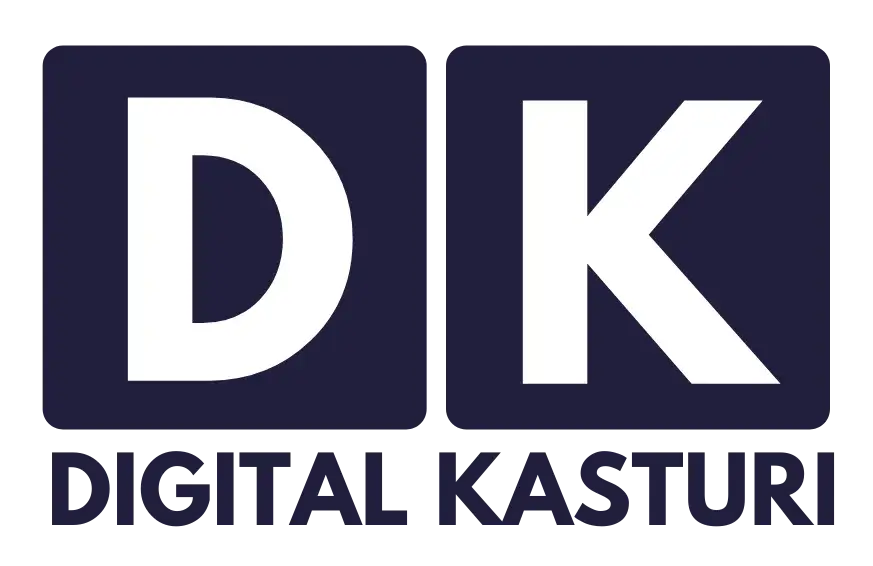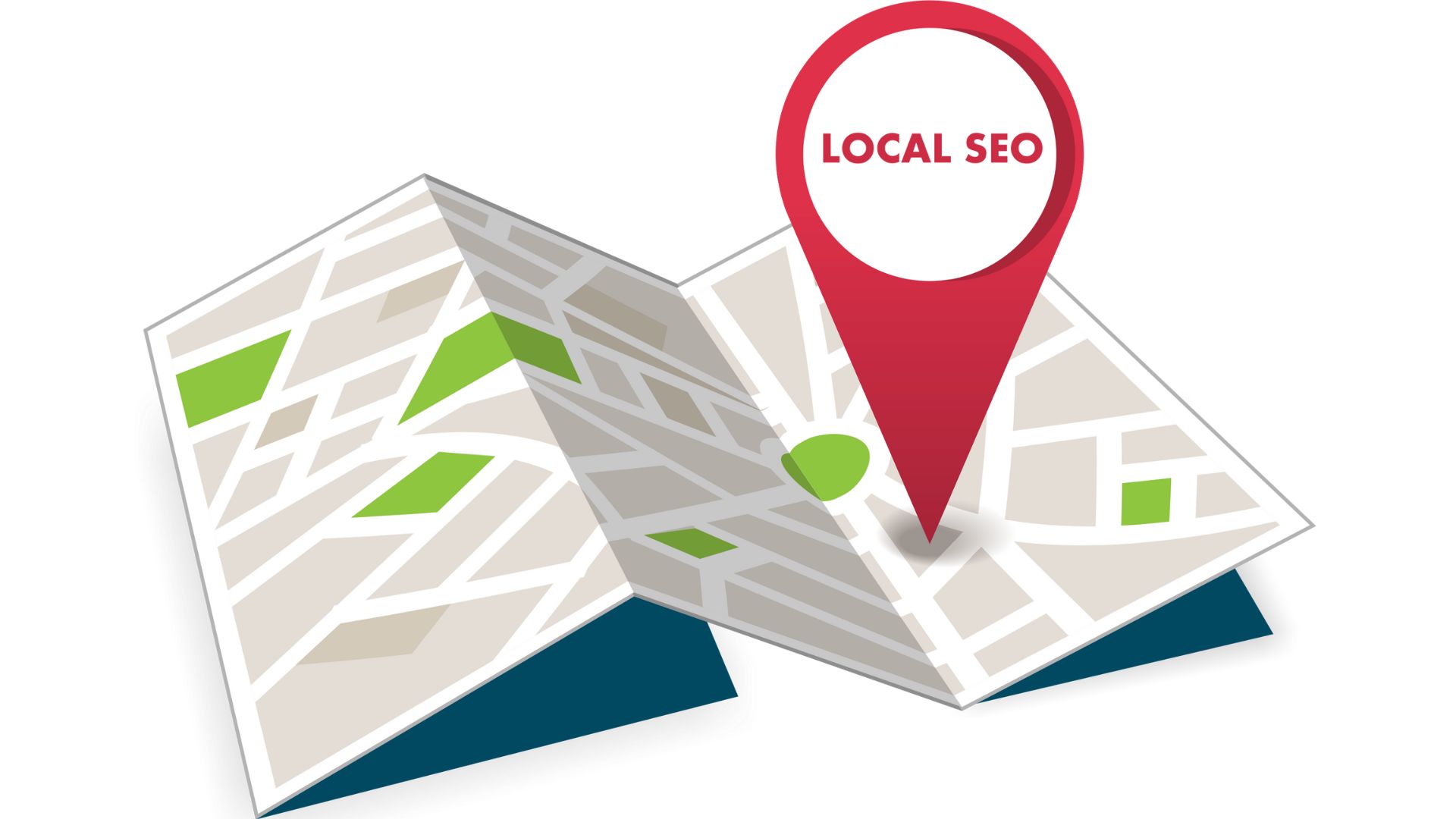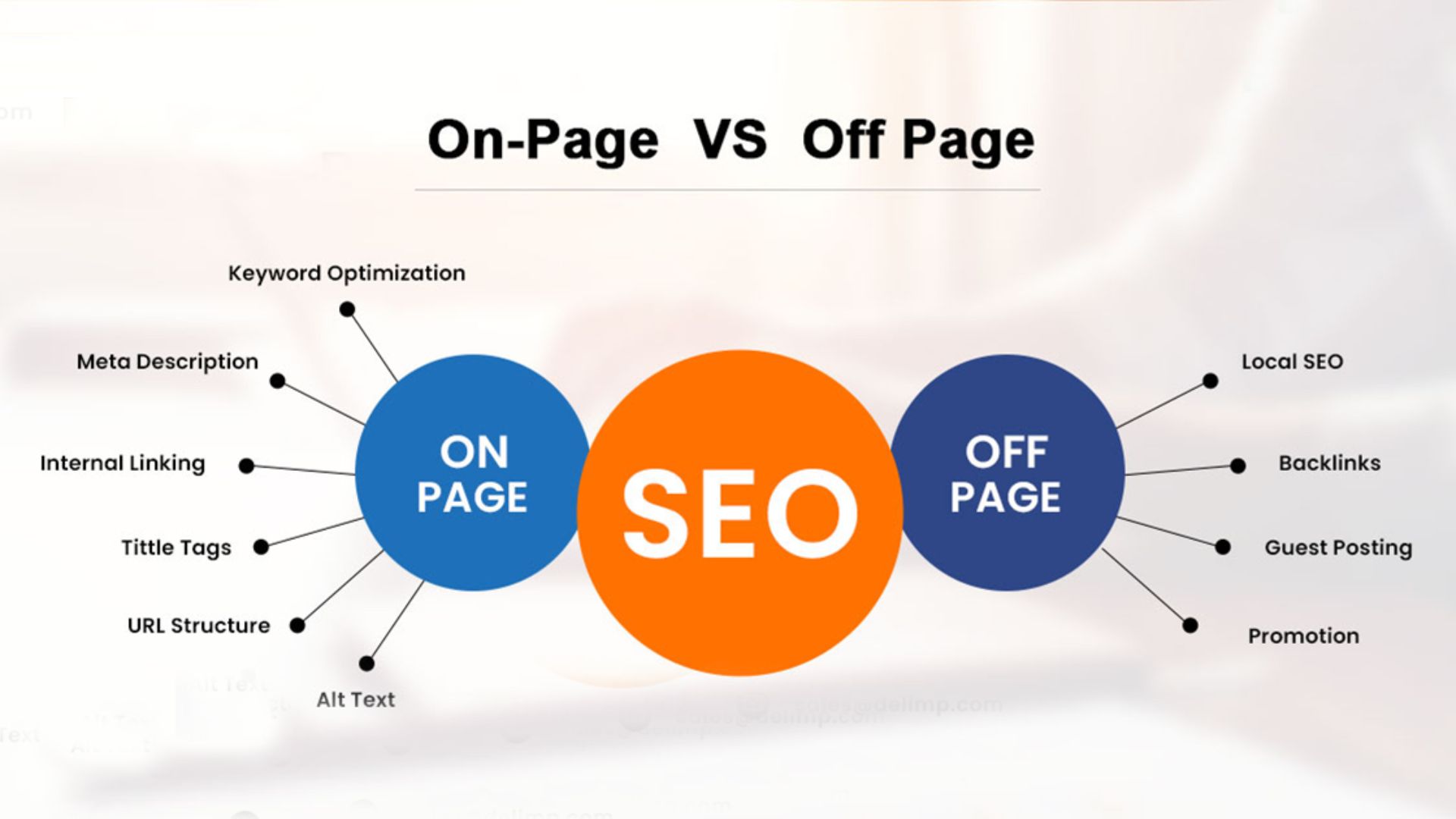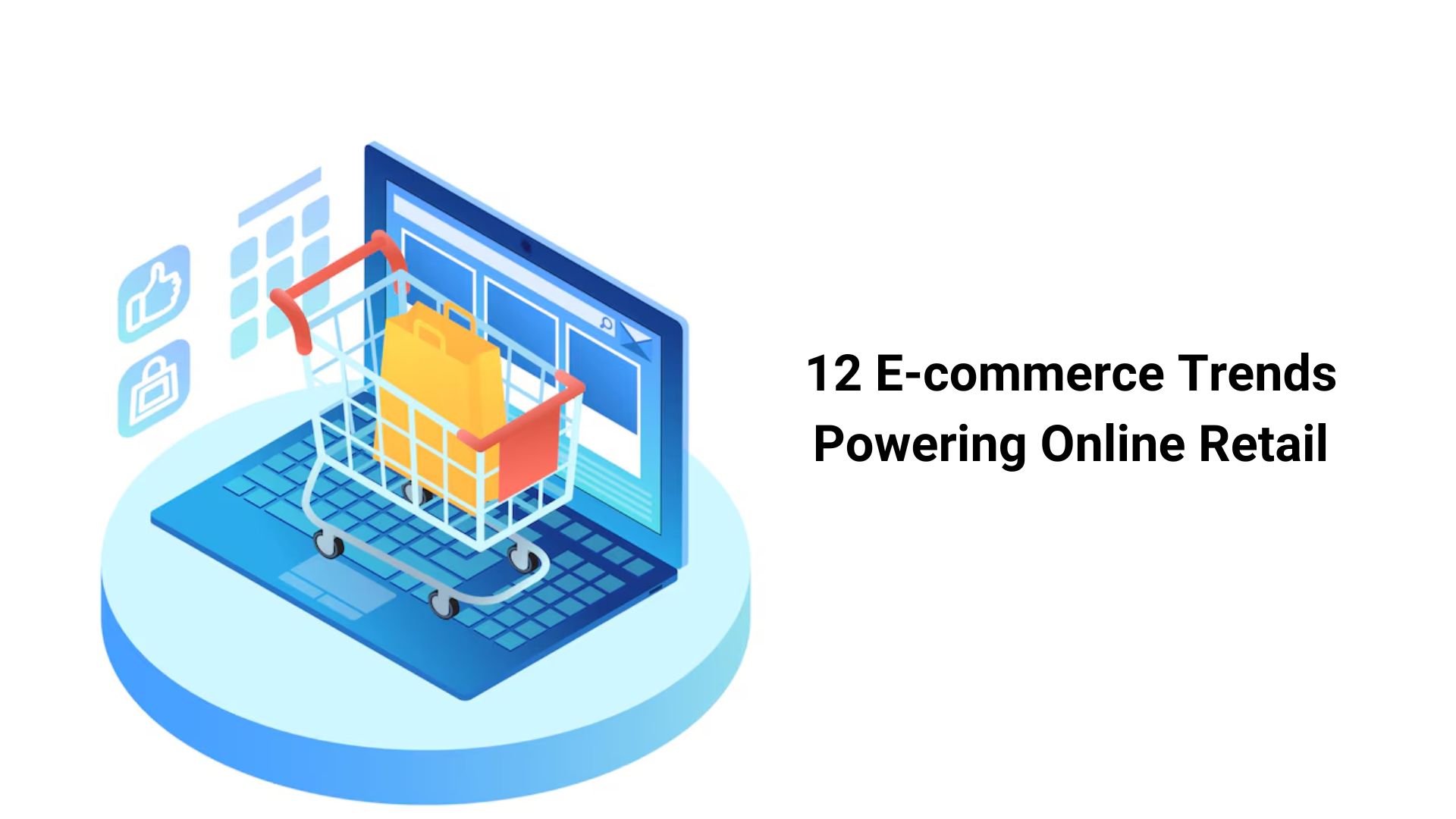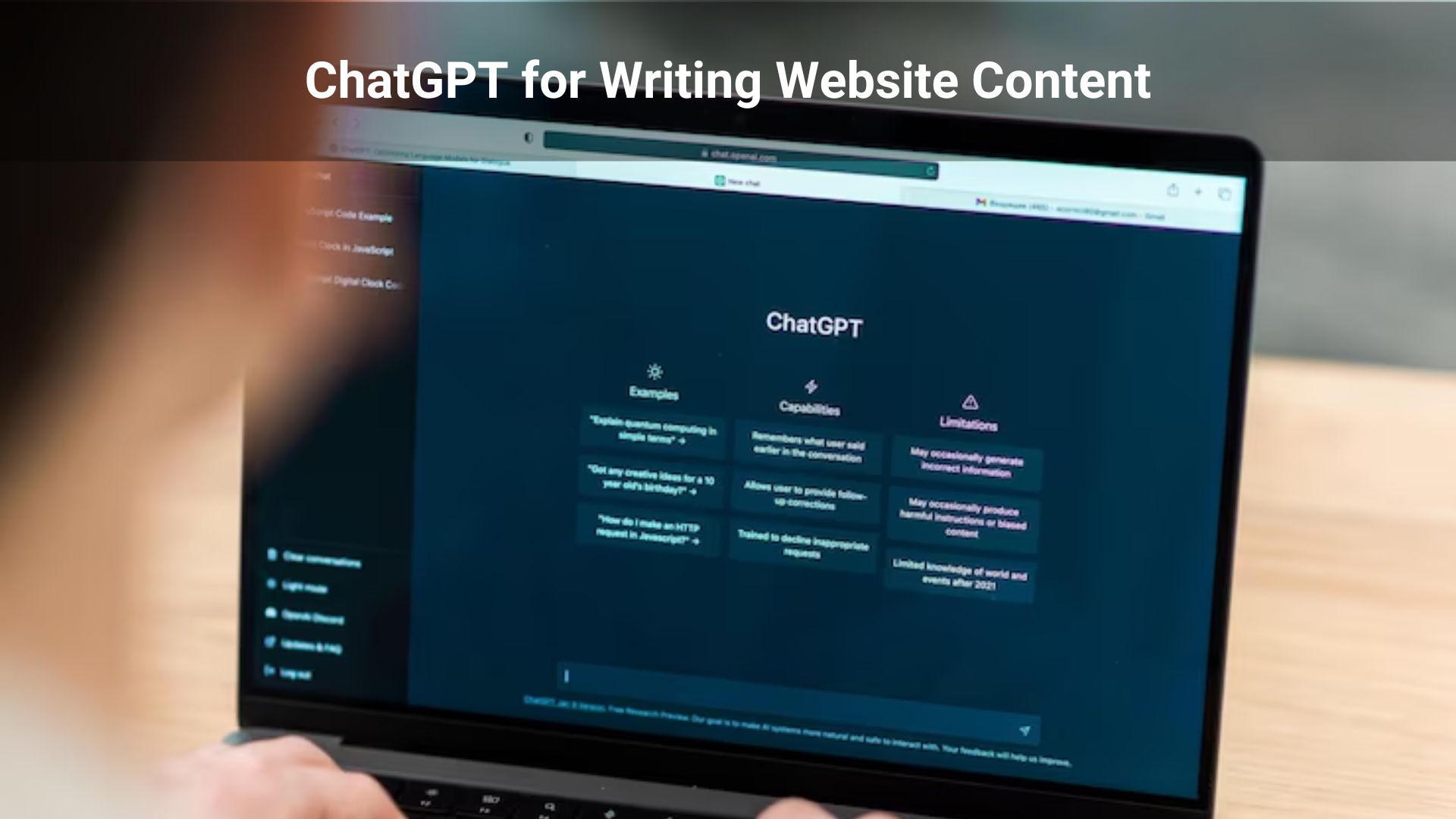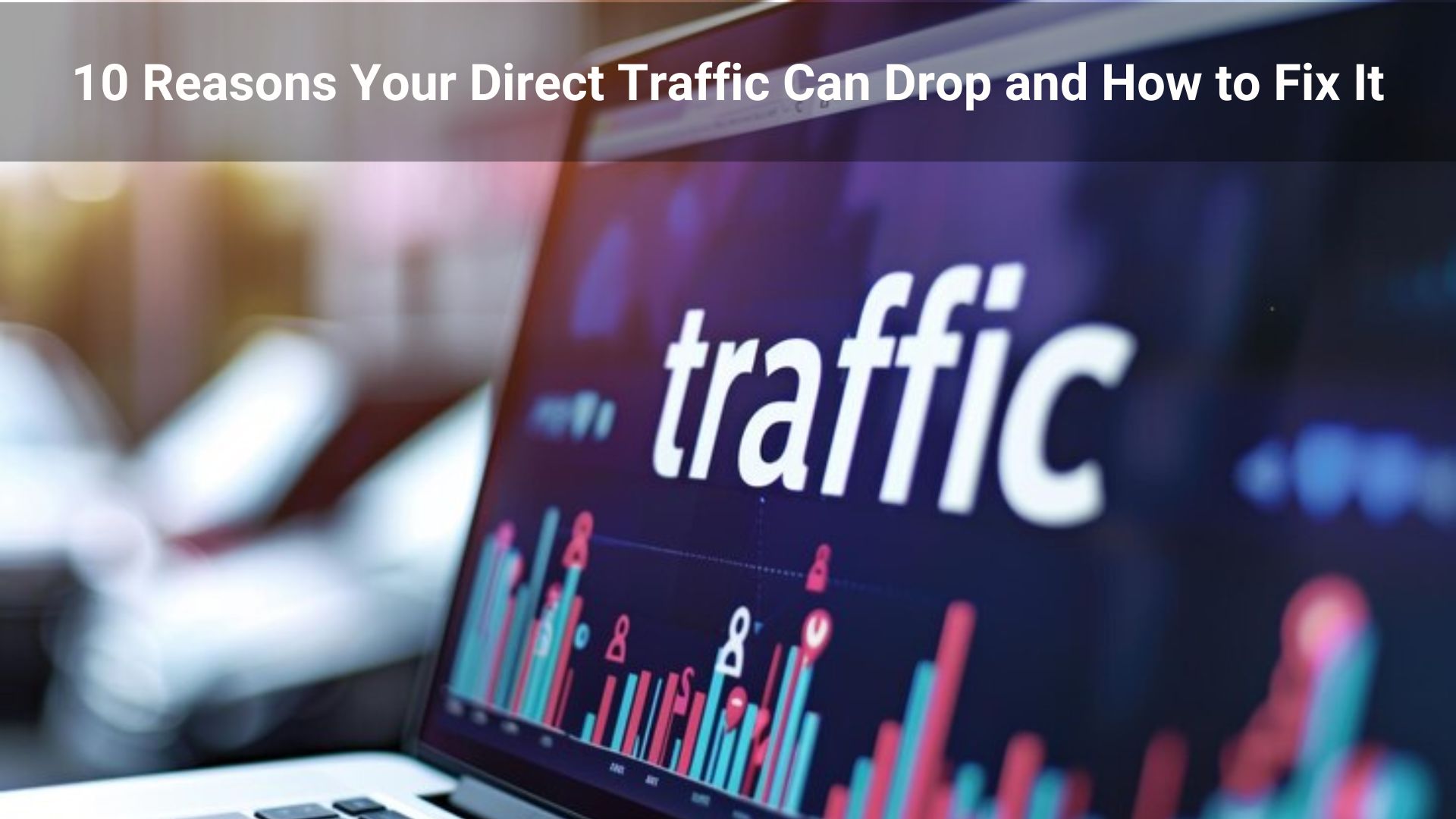Introduction
Off-page SEO refers to all the activities you perform outside your website to improve its search engine rankings. While on-page SEO focuses on optimizing content and structure within the site, off-page SEO works to build authority, trust, and relevance from external sources. Implementing strong off-page SEO strategies is crucial for improving your site’s domain authority (DA), increasing organic traffic, and maintaining a competitive edge in search engine results pages (SERPs).
In this blog post, we will explore a comprehensive set of off-page SEO strategies, provide market insights, and discuss how businesses, especially SEO companies in Texas, can leverage these strategies for maximum impact.
What is Off-Page SEO?
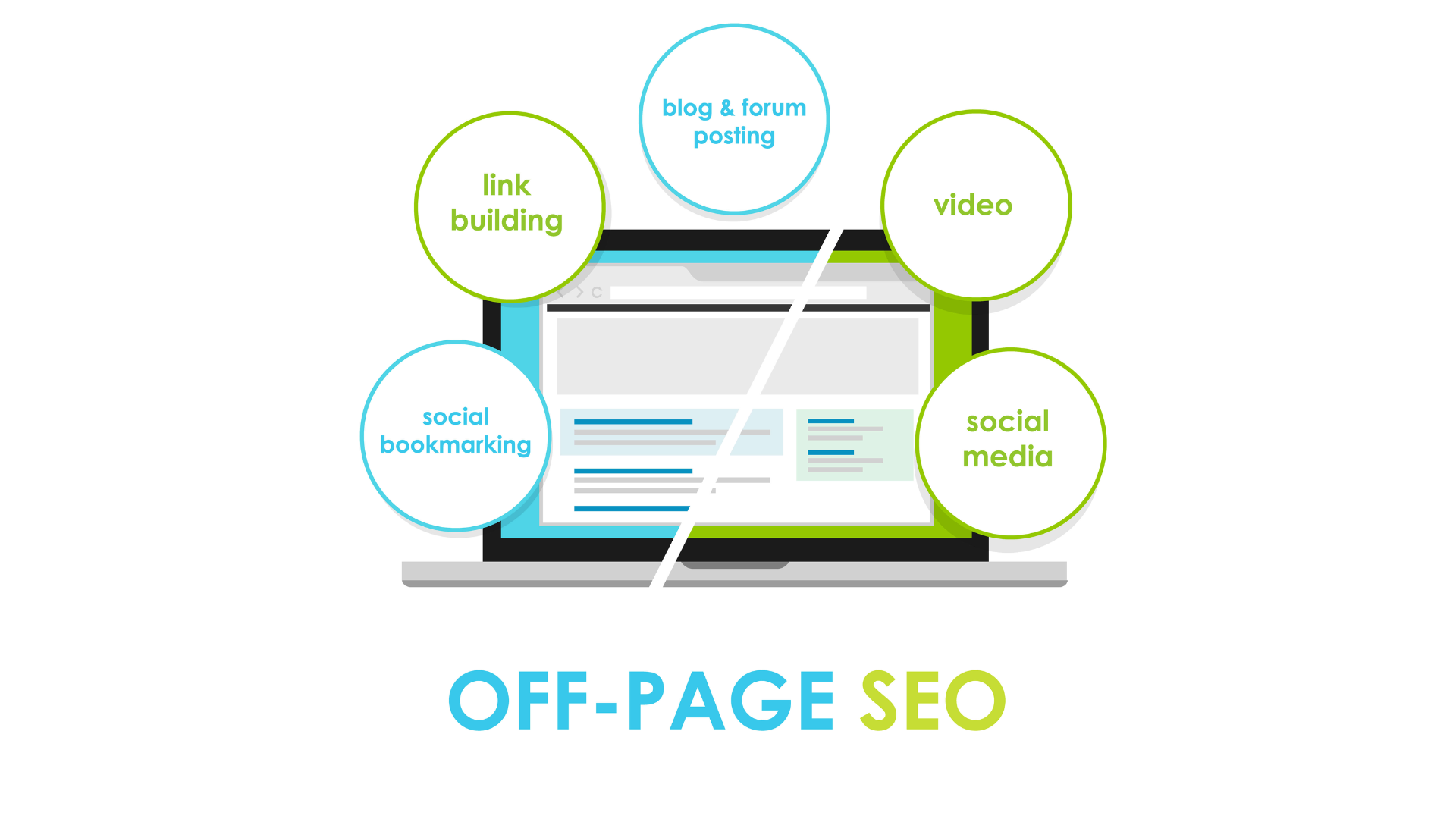
Off-page SEO involves activities that help improve your website’s ranking and visibility, but they occur outside your website. These include earning backlinks, managing social media engagement, influencer outreach, and much more. Effective off-page SEO builds a strong online presence, improves credibility, and signals to search engines that your website is valuable and relevant.
Importance of Off-Page SEO
- Builds Authority: Off-page SEO helps build your site’s authority and trustworthiness. Search engines consider backlinks and social proof as endorsements from other websites.
- Increases Visibility: By promoting your site through backlinks, social media, and influencers, you extend your website’s reach and attract a larger audience.
- Improves Search Rankings: A robust off-page SEO strategy improves your domain authority and signals relevance to search engines, thus improving your rankings in SERPs.
Key Off-Page SEO Strategies
1. Backlinking
Backlinks are the backbone of off-page SEO. Earning quality backlinks from reputable websites signals to search engines that your site is trustworthy. Backlinks act as “votes of confidence” that can significantly boost your ranking.
- Quality Over Quantity: Not all backlinks are created equal. Earning backlinks from high-authority sites has a far more significant impact than gaining many low-quality links.
- Natural Link Building: Focus on gaining backlinks naturally through valuable content rather than participating in link schemes or paying for links, as these can negatively affect your SEO.
PRO TIP: Aim for backlinks from websites with high domain authority (DA) and relevance to your niche. Tools like Ahrefs and Moz can help you assess the quality of your backlinks.
2. Social Media Marketing
Sharing your content on social media platforms helps drive traffic, improve brand awareness, and generate organic engagement. Social media platforms can also lead to backlinks if your content gains traction.
- Consistency is Key: Regularly post and engage with your followers to build a strong presence. Share your blog posts, infographics, and videos to encourage shares and interactions.
- Platform-Specific Strategy: Tailor your content to each platform. For example, share quick tips and images on Instagram, in-depth articles on LinkedIn, and blog posts on Facebook.
PRO TIP: Use analytics tools like Google Analytics, Hootsuite, or Buffer to measure the effectiveness of your social media efforts and optimize your strategy accordingly.
3. Guest Blogging
Guest blogging involves contributing content to other websites within your niche. It’s an excellent way to earn backlinks, showcase expertise, and attract a new audience.
- Target Relevant Sites: Write for authoritative sites within your industry or niche. Make sure your guest posts provide value, insight, and a strong call-to-action.
- Include a Backlink: Most guest posts allow you to include a link to your site, driving traffic and improving your SEO.
Market Insight: 50% of marketers report that guest blogging is one of the most effective ways to earn backlinks. According to a recent study, websites with robust backlink profiles rank 35% higher on SERPs.
4. Influencer Marketing
Influencer marketing leverages the reach of social media influencers to promote your content or products. Collaborating with influencers can expand your reach, generate backlinks, and improve your site’s authority.
- Choose Relevant Influencers: Focus on influencers within your industry who align with your brand values and target audience.
- Content Collaboration: Partner with influencers to create engaging content, such as blog posts, social media shout-outs, or product reviews.
PRO TIP: Make sure to measure the effectiveness of your influencer campaigns by tracking referral traffic, backlinks earned, and overall engagement.
5. Brand Mentions
Unlinked brand mentions are references to your brand that don’t include a backlink. Search engines still recognize brand mentions as a form of citation, which can positively impact your SEO. However, it’s even better to turn unlinked mentions into backlinks.
- Monitor Your Mentions: Use tools like Google Alerts or Mention to track brand mentions.
- Reach Out: If your brand is mentioned without a link, politely ask the site owner to include one.
6. Local SEO and Citations
For businesses with a physical presence, local SEO is essential. Local citations (mentions of your business name, address, and phone number) on directories like Google My Business, Yelp, and Yellow Pages help improve your local search visibility.
- Consistent NAP (Name, Address, Phone Number): Ensure your business information is consistent across all directories.
- Google My Business: Optimize your Google My Business profile for better local search rankings.
Texas Insight: Texas is a large and diverse state with competitive markets in cities like Austin, Dallas, and Houston. Utilizing local SEO strategies in these regions can help your business stand out and attract geographically targeted customers. Ranking for local terms such as “SEO services in Texas” or “Austin SEO company” is key to capturing local traffic.
7. Forums and Community Engagement
Participating in relevant online forums and communities can boost your off-page SEO efforts. Offering insightful advice and linking to your content within context can generate backlinks and drive traffic.
- Target Relevant Forums: Platforms like Reddit, Quora, or niche-specific forums allow you to share expertise and gain exposure.
- Avoid Spamming: Make sure any links you post are valuable and relevant to the discussion.
8. Content Syndication
Syndicating your content across multiple platforms can drive traffic and create opportunities for backlinks. Content syndication involves republishing your articles on websites like Medium or LinkedIn, often with a link back to the source.
PRO TIP: Always ensure that the syndicated content links back to your original post to avoid duplicate content issues.
SEO Services: Why You Need Expert Help
While off-page SEO strategies can be implemented independently, hiring a Texas SEO company provides several benefits. SEO companies have the expertise, tools, and resources needed to create a holistic SEO strategy that includes both on-page and off-page optimization.
Texas SEO Services Insight: Texas, being a highly competitive market, requires specialized SEO strategies to stand out. Cities like Austin, Dallas, and Houston have diverse businesses, making SEO a crucial component of digital marketing strategies. Hiring a Texas-based SEO company can provide local insights and market expertise to help your business rank for local search terms like “SEO services in Austin” or “Houston SEO agency.”
Market Data on Off-Page SEO
- Backlinks Matter: According to a 2023 study, websites with more backlinks tend to rank 35% higher in search results than those with fewer backlinks.
- Influencer Impact: 49% of marketers believe that influencer marketing contributes to improved SEO performance.
- Local SEO Growth: 78% of location-based mobile searches result in an offline purchase within 24 hours.
Table: Off-Page SEO vs On-Page SEO
| SEO Aspect | On-Page SEO | Off-Page SEO |
| Focus | Content and HTML structure on your website | Activities performed outside your website |
| Control | Full control over changes and optimization | Limited control (relies on external factors) |
| Techniques | Keyword optimization, meta tags, content quality | Backlinks, social media, influencer outreach |
| Primary Goal | Improve user experience and content relevance | Build authority and trustworthiness |
Final Thoughts
Off-page SEO plays a vital role in building your website’s authority, visibility, and overall search engine performance. Strategies like backlinking, social media marketing, and local SEO contribute to higher rankings and more organic traffic. By incorporating off-page SEO into your digital marketing strategy, especially in competitive regions like Texas, your business can attract the right audience and grow its online presence. For more details regarding SEO check this most helpful SEO guide.
PRO TIP: Continuously monitor your off-page SEO efforts using tools like Ahrefs or Moz to assess the quality of backlinks and track the effectiveness of your campaigns.
Key Takeaways:
- Backlinks from high-authority websites are crucial for off-page SEO success.
- Social media, influencer marketing, and guest blogging can generate traffic and build authority.
- Local SEO strategies are essential for businesses targeting specific geographic regions, like Texas.
- Measuring and adjusting off-page SEO efforts regularly ensures long-term success.
By mastering these off-page SEO techniques, you can elevate your website’s search engine rankings and create a strong, authoritative online presence.
People Also Ask
Off-page SEO refers to all actions taken outside your website to improve its search engine rankings. It includes activities like backlinking, social media marketing, influencer outreach, and guest blogging. It’s important because it helps build your website’s authority, credibility, and visibility, leading to higher rankings in search results and more organic traffic.
Backlinks are links from other websites to yours. They act as endorsements, signaling to search engines that your content is valuable and trustworthy. High-quality backlinks from reputable sites can significantly boost your domain authority, improve rankings, and increase organic traffic.
On-page SEO focuses on optimizing elements within your website, such as content, meta tags, and HTML structure. Off-page SEO, on the other hand, involves activities outside your site, like earning backlinks, engaging on social media, and influencer outreach. Both are essential for a well-rounded SEO strategy.
Social media marketing helps increase brand awareness and drive traffic to your site. While social media links don’t directly impact SEO, they can lead to increased engagement, more backlinks, and higher visibility. A strong social media presence can indirectly boost your off-page SEO efforts by promoting content and generating discussions.
Focus on earning backlinks from high-authority websites relevant to your niche. Avoid participating in link schemes or buying backlinks, as this can lead to penalties. Guest blogging, creating valuable content, and forming partnerships with influencers are all effective ways to naturally earn quality backlinks.
Local SEO involves optimizing your website and online presence for local searches, especially for businesses with physical locations. Local citations on directories like Google My Business and Yelp can improve your visibility in local search results. Ensuring your NAP (Name, Address, Phone Number) is consistent across all listings is essential for effective local SEO.
Influencers can help extend your brand’s reach by promoting your content to a larger audience. Collaborating with relevant influencers can lead to increased traffic, higher engagement, and valuable backlinks. Influencer marketing is a powerful tool for boosting off-page SEO by enhancing your site’s authority and relevance.
Start by monitoring unlinked brand mentions using tools like Google Alerts or Mention. If you find that your brand has been mentioned without a link, reach out to the site owner and politely request they include a link to your website. Converting unlinked mentions into backlinks can strengthen your off-page SEO efforts.
When guest blogging, target authoritative websites within your niche and ensure your content is high-quality and relevant. Always include a backlink to your site in the guest post. Avoid spammy or irrelevant sites, as low-quality backlinks can harm your SEO. Guest blogging can increase brand exposure and drive traffic.
An SEO company has the tools, expertise, and resources to implement a comprehensive off-page SEO strategy. From backlink acquisition to influencer outreach and local SEO, they can optimize your efforts to improve your site’s domain authority and rankings. SEO companies in competitive markets, like Texas, can provide local insights and tailor strategies to specific geographic areas for better results.
